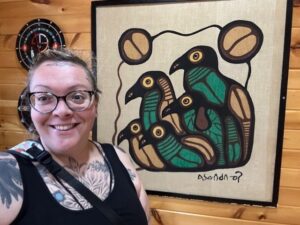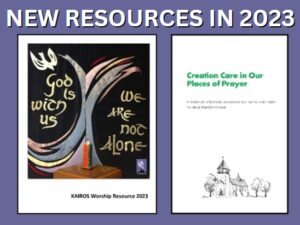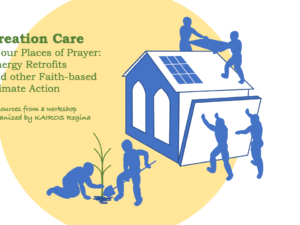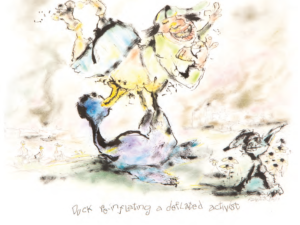Spirited Reflection: Coming down from the mountain
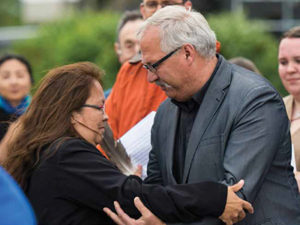
Have you ever been to a conference, retreat or gathering of like-minded souls, and wanted it to go on and on? A place where you felt understood, where you were with “your people”? A moment when you hear a speaker, a greater leader, that inspires and challenges in a way that all makes sense? A time where conversation seemed easy, sometimes like you were finishing each other’s sentences? This kind of feeling can happen even among a group of relative strangers, who, on the basis of shared experience and common values, suddenly find themselves friends. Peter’s question to Jesus in the gospel today comes out of that kind of place: “Rabbi, it is good for us to be here: let us make three dwellings, one for you, one for Moses, and one for Elijah” (Mark 9:5). Peter feels close to his friends, is inspired by Jesus, Elijah and Moses. “It is good” and he just wants to stay put, in proximity to the insight, vision and possibility offered. It’s a magical extraordinary story, but the feeling—the moment—can be understood by us all.
We began Epiphany with another magical story, that of the Magi who choose the other way, the path of justice not the imperial highway— and they do it at risk to themselves, but also open to the gifts they will find along the way. We are called to that other way—the way of justice, of solidarity with that baby prince of peace and not the tyrannical king who decrees genocide. We are called to that other way, and it is not smooth. It has its literal ups and downs. Times where the vision is clear, the communities are united, and justice is within our grasp. Times of wins, good news, clear progress towards shared goals of social change. And there are other times— when the path is obscured, we face defeat after defeat, when there is even conflict between us, and we just need to find a way to regroup and keep going. Our ups are not where we “hang out,” but where we find strength and hope to propel us in the hard times.
The reality of the “other way” is the companionship of those like-minded souls, but also the hard work of listening, of talking with people who don’t agree, of changing hearts and minds, and having ours changed in return. It is not for us to linger only in the restful places where we share values and perspectives, but to walk a rocky path and talk to whoever we meet along the way, even if those conversations are hard.
I had the heart breaking privilege of being an ecumenical witness at six of the seven national events of the Truth and Reconciliation Commission. And for me, packed in an overflow room in Ottawa on June 2, 2015, the release of the 94 Calls to Action felt like a mountain top moment. Grounded in the courage of the survivors, the Commissioners laid out a road map, a path for Canada to travel to renew relationships with First Nations, Inuit and Métis peoples towards reconciliation. To those of us who gathered in Ottawa with expectant ears, the words were resonant and powerful. The insight, vision, and possibility were tangible. It was hard not to believe that this time it could be different, and a commitment to right relationship would truly be born.
Today, those words are still powerful,—94 Calls to Action to renew our country in truth, with justice and for reconciliation. But 2.5 years later, it is hard, when the bright lights of the media are not so trained on that road map. The challenges of ignorance and racism, the chasm of inequity, and the pain wrought by inter generational trauma continue to present almost insurmountable obstacles towards transformation. Settler communities and governments continue to make horrible mistakes, and commitment wanes. The threat is that we will lose our way. For Indigenous communities, it isn’t hard to stop believing. Broken promises are a Canadian legacy.
As churches, it is absolutely critical that we stay the course of that other way—the path towards right relation. Our place is on the road towards the promise of reconciliation. Our integrity is in the walking. Our power is in minds changed and hearts opened, solidarity given and received—gifts of transformation found along the way.
The greatest gift of all is that we are never alone on the path when we walk the “other way”, the way of truth and justice. Christ does not stay on that mountain, but comes and dwells in hearts broken open for others, walks alongside the justice seekers, the peacemakers, accompanies the ones whose eyes stay trained on the horizon of transformation for the good of all. And for this we say, Thanks be to God.
Jennifer is the Executive Director of KAIROS and has worked for almost 25 years in ecumenical social justice on behalf of the churches.




